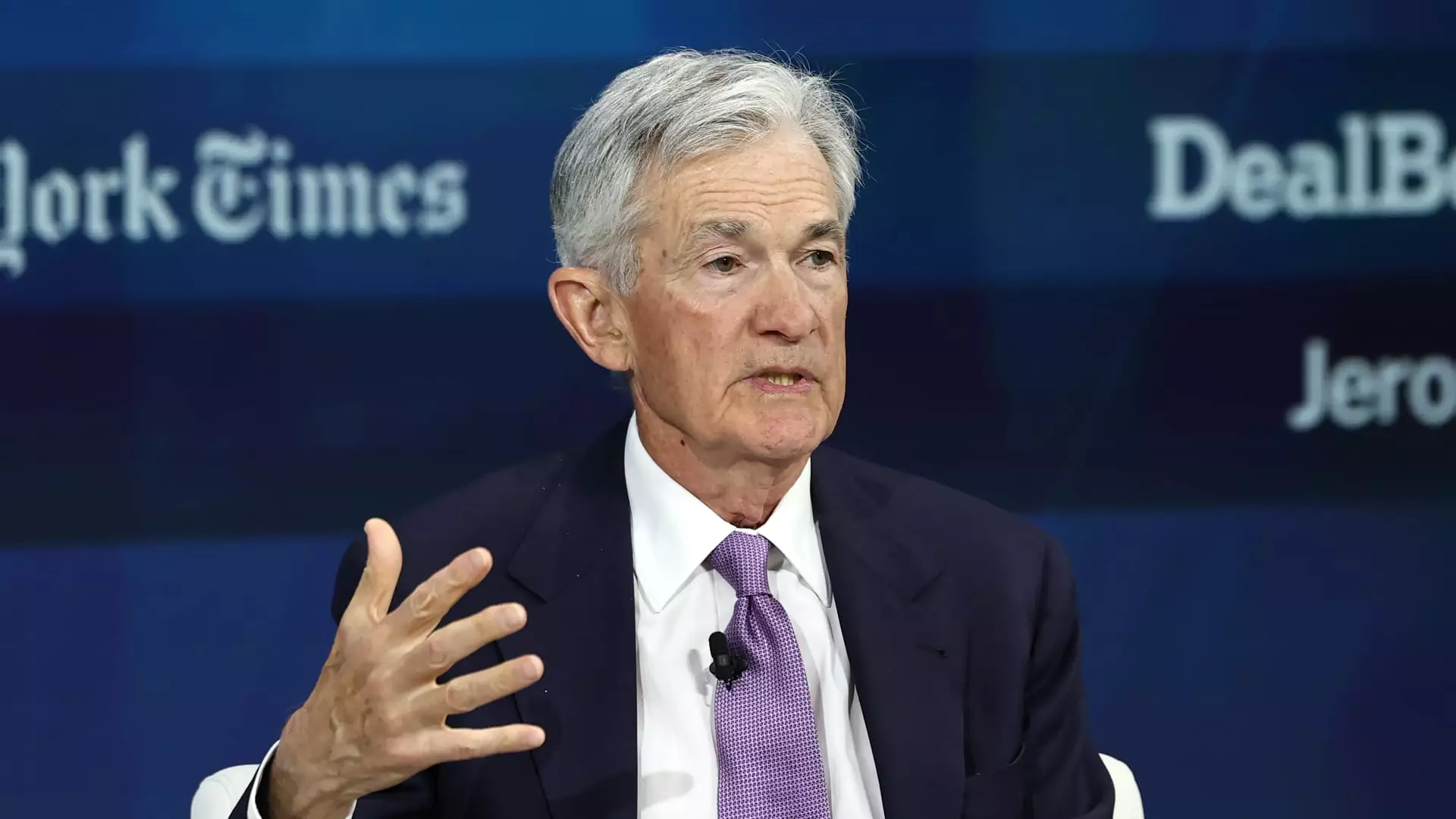In recent discussions surrounding the Federal Reserve, particularly in light of President-elect Donald Trump’s incoming administration, the commentary provided by Federal Reserve Chair Jerome Powell has sparked conversations about the resilience of the central bank’s independence. Powell’s remarks highlight how the structure and purpose of the Federal Reserve are designed to shield monetary policy from political influence—a crucial consideration as the economy navigates uncertain waters.
Understanding the Independence of the Federal Reserve
The Federal Reserve, established in the early 20th century, was created with the intent to foster monetary stability and provide a buffer against political whims. At the core of this design is the belief that economic decision-making should be insulated from the immediate pressures of political cycles. This notion is fundamental to the Fed’s operational ethos and is echoed in Powell’s assertion that their mandate focuses on “maximum employment and price stability for the benefit of all Americans.”
Powell emphasizes not only the precise nature of the Federal Reserve’s objectives but also the significance of its independence—arguing that true independence means the ability to make decisions free from external interference or subsequent reversal. This is particularly pertinent in discussions about the potential for the incoming president to influence Fed policies. Historically, this separation has been vital, allowing the Fed to act pragmatically in response to economic indicators rather than political rhetoric.
While Trump’s public discourse concerning the Fed raised alarms about the potential for politicization, Powell has remained optimistic about the institutional safeguards in place. He pointed to bipartisan consensus within Congress as a bulwark against overwhelming political influence. Nevertheless, the troubling precedent of past administrations attempting to sway the Fed serves as a cautionary tale, underscoring the need for vigilance regarding consistently preserving its operational latitude.
Critics have alleged that Trump’s previous criticism of the Fed and calls for greater presidential oversight jeopardize this independence. These tensions cannot be ignored, as they pose significant questions about how monetary policy may be shaped under a presidency that has been vocal about its desires for direct influence. Powell’s conviction, however, stems from the belief that Congress recognizes the importance of the Fed’s role, despite political posturing.
In the climate of ongoing global economic recovery, Powell’s perspective that the U.S. economy is the “envy of other large economies” is an assertion grounded in tangible strengths. Preserving the Fed’s autonomy will be critical as the bank considers its near-term strategies, especially in relation to interest rates. As Powell indicated, the Fed is in a position to be prudent and careful in its measures, allowing them to foster long-term stability while strategically responding to immediate demands.
As markets anticipate potential interest rate cuts—speculating a 75% chance of a quarter-point reduction—this delicate balancing act exemplifies the inherent complexity of modern monetary policy. Furthermore, challenges such as inflation control and job creation will necessitate that the Fed remains steadfast in its objectives amid political distractions.
A Strong Legislative Foundation for the Future
The discussions surrounding the Federal Reserve’s independence amid an ever-evolving political atmosphere underscore an essential truth: the central bank’s enduring value lies in its structural integrity and the clear mandates delineated by Congress. The longstanding tradition of safeguarding the Fed from the political arena is critical to fostering public trust and economic robustness.
Powell’s statements reassure both Congress and the American populace that, despite the backdrop of political fervor, the framework that supports the Federal Reserve’s independence remains largely intact. As the road ahead unfolds, with economic indicators signaling a need for careful navigation, the resilience of this institution will be tested—reinforcing the critical balance between effective governance and necessary independence in the realm of monetary policy.

